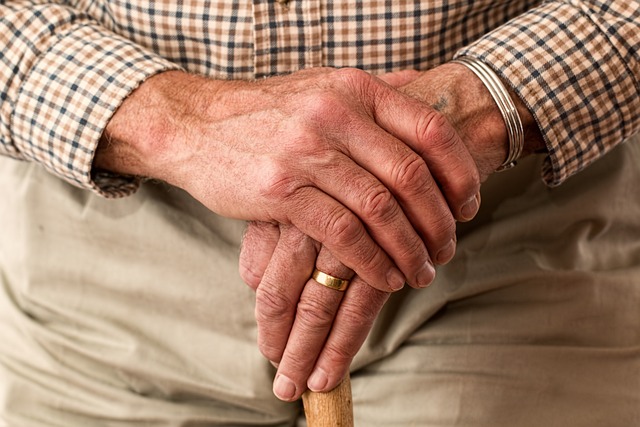Elderly Companion Services provide crucial support for aging individuals, offering companionship, daily task assistance, and health monitoring in their homes. These services cater to diverse needs, from basic daily assistance to medical care, with flexible options like part-time help or round-the-clock monitoring. Caregivers create a supportive environment through physical adjustments, familiar items, and open communication, fostering security, independence, and well-being for seniors in their home environment.
Caring for an elderly loved one at home can be a rewarding yet challenging task. This guide explores the crucial role of Elderly Companion Services in ensuring quality care and companionship. We delve into the benefits of in-home care, highlighting how dedicated caregivers enhance independence and well-being. Furthermore, we provide practical tips for both caregivers and families to navigate available options and create a supportive environment, ensuring a comfortable and dignified aging experience.
- Understanding Elderly Companion Services: Benefits and Role of In-Home Caregivers
- Navigating the Options: Choosing the Right In-Home Care for Your Loved One
- Creating a Supportive Environment: Tips for Caregivers Providing In-Home Assistance
Understanding Elderly Companion Services: Benefits and Role of In-Home Caregivers

Elderly Companion Services provide a crucial support system for aging individuals who prefer or require assistance in their homes rather than moving to assisted living facilities. These services offer a range of benefits, from providing companionship and social interaction to helping with daily tasks like cooking, cleaning, and transportation. In-home caregivers play a vital role in enhancing the quality of life for elderly folks, allowing them to maintain their independence while receiving the care they need.
Caregivers who specialize in Elderly Companion Services are trained to understand the unique needs and challenges of aging adults. They foster a sense of security and comfort, monitor health conditions, encourage physical activity, and engage in meaningful conversations. This personalized approach not only improves the mental well-being of seniors but also helps them navigate their daily lives with dignity and ease.
Navigating the Options: Choosing the Right In-Home Care for Your Loved One

When considering in-home care for elderly loved ones, it’s crucial to understand that not all services are created equal. The first step is to assess your relative’s specific needs, from basic assistance with daily tasks like cooking and cleaning to more specialized medical care. Elderly Companion Services provide a range of options, from part-time help to 24/7 monitoring, ensuring your loved one receives the level of support they require.
Researching local agencies offering these services is essential. Look for reputable organizations that prioritize personalized care tailored to each client’s unique situation. Reading reviews and speaking with previous clients can offer valuable insights into the quality of care provided. Remember, the right in-home care should enhance your loved one’s independence, promote their well-being, and foster a sense of comfort and security within their own home.
Creating a Supportive Environment: Tips for Caregivers Providing In-Home Assistance

Creating a supportive environment is crucial for caregivers providing in-home assistance to elderly loved ones. This involves making adjustments to ensure safety, accessibility, and comfort within the home. Caregivers can install handrails in bathrooms, modify door frames for wheelchair access, and organize living spaces to minimize tripping hazards. Incorporating familiar items and creating a warm, inviting atmosphere can also enhance an elderly person’s sense of security and independence.
Additionally, caregivers should maintain open lines of communication and foster social interaction. Regular conversation, engaging in shared hobbies, or even watching favorite shows together can alleviate feelings of loneliness and isolation. Caregivers can also encourage physical activity by suggesting simple exercises or taking walks around the block, promoting overall well-being and cognitive function. Elderly Companion Services play a vital role in creating these supportive environments, ensuring that seniors receive personalized care tailored to their unique needs and preferences.
Providing in-home care for elderly loved ones is a compassionate and practical solution, allowing them to age comfortably in familiar surroundings. By understanding the benefits of Elderly Companion Services and selecting the right caregivers, families can create a supportive environment that enhances quality of life. With proper navigation and the right support, in-home care can be a game-changer for both seniors and their loved ones.




